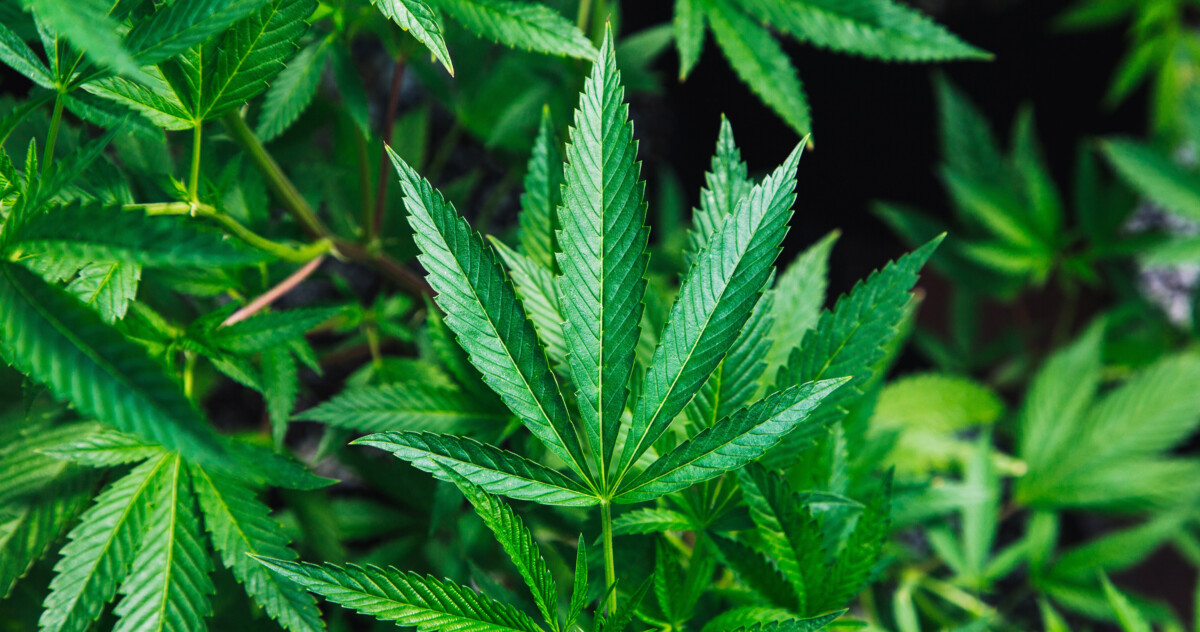
A new Vermont law (H. 270) passed on June 14, making a number of changes to the Vermont adult use cannabis industry and the Vermont medical cannabis program. Some of the changes will require regulatory rulemaking by the state Cannabis Control Board (CCB) before going into effect, but others took effect immediately.
The law doubles the amount of THC that can be sold in each package, from 50 milligrams to 100 milligrams. The higher limit does not apply to non-consumable products, solid concentrates, oils, tinctures, and products sold to medical dispensaries. The law clarifies that cannabis and cannabis paraphernalia do not constitute tobacco substitutes or tobacco paraphernalia unless the business also sells tobacco or tobacco substitutes, such as e-cigarettes used for tobacco. This means that retail cannabis establishments no longer need to obtain tobacco substitute or tobacco paraphernalia licenses from the Vermont Department of Liquor Control. Licensed cannabis cultivators can now sell cannabis to licensed wholesalers, manufacturers, retailers, integrated licensees, and medical dispensaries. In addition, wholesalers and distributors can buy from and sell to all licensed cannabis businesses; and retailers can buy from all licensed cannabis businesses.
Other large changes include creating a new cannabis propagation cultivator license type; increasing the permitted annual sales volume for Tier 1 manufacturers from $10,000 to $50,000; setting an annual retailer inspection requirement; and revising nuisance and zoning laws that apply to cultivators.
Propagation cultivator licenses will not be available until after the CCB adopts new regulations, though the law requires the first such licenses to be available by July 1, 2024. Once licensed, propagators will be able to grow up to 3,500 square feet of cannabis clones and immature and mature cannabis plants, and sell them to licensed (non-propagation) cultivators. Propagation cultivation licenses will cost $500, and be subject to the same $1,000 application fee as other cannabis business types.
The new law treats outdoor cannabis cultivation as farming instead of development for zoning purposes. All licensed cannabis cultivators will also “be entitled to the rebuttable presumption that cultivation does not constitute a nuisance” as long as the cultivators comply with environmental, energy, and public health laws, and agricultural rules enforced by the CCB. Local cannabis control boards (of which there are currently 73 around the state) may no longer weigh in on public nuisance matters associated with cannabis cultivators who are in compliance with the new cannabis law and associated regulations.
H. 270 did not loosen the state’s cannabis advertising restrictions. All verbal or written statements of any kind that could impact cannabis sales must be vetted and approved by the CCB before use. Earlier exceptions to the advertising law, including signs at a business that only state its name, remain in place.
Modest changes to the medical cannabis program include pushing the expiration of certain types of registered patient card from one year to three; removing the requirement for the CCB to confirm post-traumatic stress disorder treatment before patients qualify for medical cannabis cards; increasing the number of plants registered patients and registered caregivers can grow; and allowing a single caregiver to provide cannabis to up to two registered medical cannabis patients.
Also of note are the legislature’s directive for studying potential uses and availability of medical cannabis and lasting harms of racial disparities in the enforcement of cannabis prohibitions. Both could lead to future changes to state law, including additional standards for providing funds to support adult use businesses of those who have been disproportionately harmed by criminal enforcement of cannabis prohibitions.
Governor Phil Scott allowed the bill to pass into law without his signature. He issued a statement expressing reservations about how allowing the CCB to exist indefinitely, instead of letting the department sunset in 2024 as it was originally slated to do, constituted a legislative encroachment on executive branch powers. Despite stating that the CCB has overseen the new adult use cannabis industry well, the Governor voiced concern about the CCB “regulat[ing] a multi-million-dollar industry with no oversight”, because it “is now permanently independent of the executive branch and is, therefore, not accountable to the people of Vermont.”
“Catherine Burke was interviewed on WCAX’s “You Can Quote Me” Program in July 2023 covering these changes in Vermont’s cannabis regulations.”




